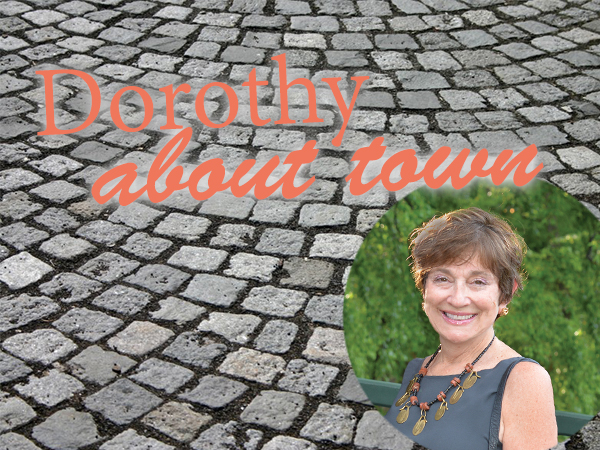Sometimes an idea is so good, it can’t help but be successful. That’s what happened with Bridge Bread, the Cherokee Street bakery that turns homeless St. Louisans into commercial bakers. It’s a win-win, really a win-win-win. The bakery churns out goodies—breads, brownies, cinnamon buns and cupcakes—that keep the lights on and the ovens running, and the employees get a livable $10.13 an hour (plus affordable housing) to overcome the challenges life has thrown their way. The third winner is our community, which can be proud of everyone involved.
It all started in 2011, when Fred Domke and his wife Sharon decided to bake sourdough bread with clients of The Bridge, a homeless shelter at their church, Lafayette Park United Methodist. With a little instruction from the chef there and permission from the church to use its kitchen after hours, the makeshift operation turned out “skinny, little sourdough loaves to sell for $1 apiece to congregants,” Fred Domke recalls. After three months, another half-dozen Methodist churches came on board, picking up loaves and selling them after services. This hobbled-together operation raised money not only from sales, but also from donations.
“We’ve always made enough to pay for our ingredients,” says Domke proudly, except for a short while at the beginning, when $2,000 came from “the bank of Fred and Sharon.” After a while, news spread and churches of other denominations were offering the bread, plus delicious cinnamon rolls and brownies, allowing what was now called Bridge Bread to grow and train 40 bakers— and pay them a decent salary. From there, things snowballed into helpful partnerships with nonprofits like Homefirst STL, which arranges affordable rents, and St. Patrick Center, which refers viable candidates for employment.
‘Viable’ means nonviolent, having no untreated addictions or mental illness, and unable to get a job. “We don’t really screen them, which is why our success rate is so remarkable,” Domke says. Candidates can have a jail record and/or be recovering from addiction or mental illness. He says that contrary to common belief, many homeless do not have addictions or mental illness. “Just one relationship breakup or alienation from family support can render them unable to pay rent,” he notes.
Domke, who moved to Holly Hills from Ballwin, was an IT consultant, and his business experience has helped Bridge Bread move into a storefront at 2639 Cherokee St., own and operate a food truck, and attract donors to offset costs. “Without donations, we’d be operating at a deficit,” he says. “Yes, we’re successful, but that doesn’t mean we’re profitable.” He adds that everyone can help. “What if I told you there is a simple way to help the homeless help themselves?” he asks. Any business can invite the Bridge Bread food truck to visit and sell its goodies from the parking lot. That simple gesture can net the nonprofit anywhere from $500 to $1,500. And, of course, there are volunteer opportunities like manning the register at the store or at the bakery’s new booth at Tower Grove Farmers’ Market.
Think about all the good it can do. As Domke says, “Sure, you can teach a man to fish so he can feed himself forever, but first he has to have a fishing pole.”








